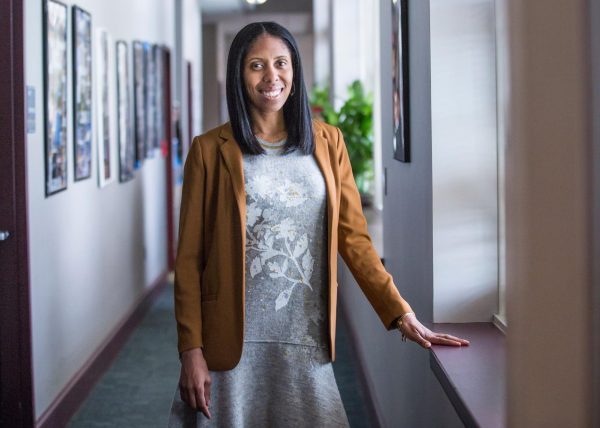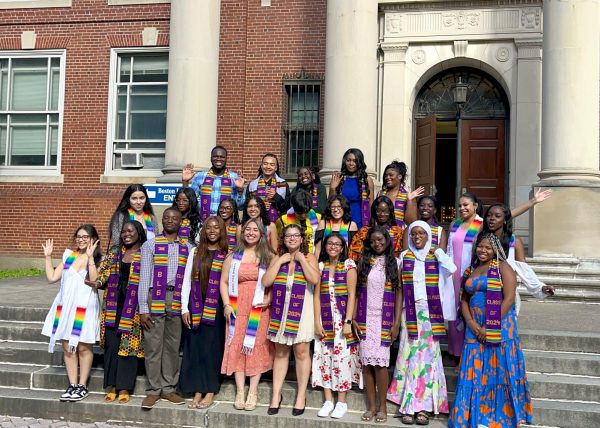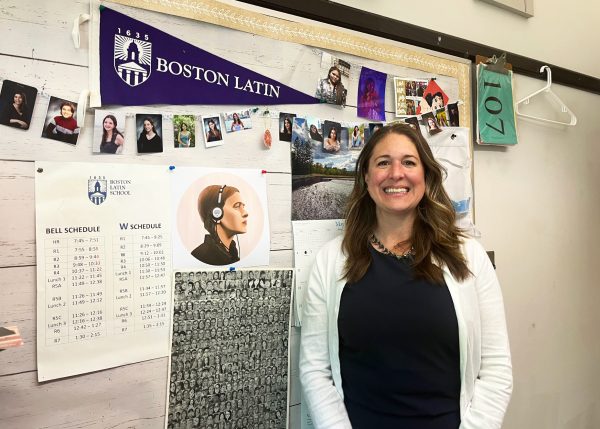Program Directors’ Secret Meetings Revealed
Beginning last year, Boston Latin School program directors meet every Wednesday to discuss teaching, learning and professional development.
BLS Mathematics Program Director Mr. Gerald Bilodeau initiated the weekly meetings because he believed that it would be an excellent opportunity for program directors to meet and collaborate. Mr. Bilodeau remarks, “It’s important that all the departments are on the same page in terms of teaching and learning. This is a way that we get to share between departments.”
Each week, program directors discuss a different topic. In terms of schoolwide improvement, they have considered having BLS be reviewed again by the New England Association of Schools and Colleges within the next few years, which is an organization that accredits educational institutions.
Program director meetings are opportunities for school department leaders to discuss improvements and projects, and received input from all perspectives is crucial. These meetings address differences and similarities between the departments and consider the best practices moving forward.
Jiajia Zhang (I), co-president of the BLS Student Council, mentions the importance of connection among different departments, saying, “Across departments, maybe if they communicate with other teachers, especially on testing days, it’d be helpful because the students will be able to allot their time much better towards each subject.”
With the close link of STEM fields, the math and science department aim to collaborate through challenges, such as the rigid structure of the BLS curriculum and schedule. Mr. Bilodeau reports that the close link of math and physics makes it easier to schedule times for collaboration despite the difficulty of finding time to meet.
In particular, the mathematics department is working on recovering from the aftermath of the COVID-19 pandemic and trying to support students whose learning may have been delayed because of online school. They are adapting to a group-centered environment where teachers can connect with students more closely and identify the needs of each individual.
Teachers are also working together to create more intersubject projects. BLS Class VI English teacher Mr. Aaron Weitz recalls an interdisciplinary project with Humanities. After reading To Kill a Mockingbird, students analyzed the current prevalence of injustice by writing letters to stakeholders. He reflects, “I think that it felt meaningful and authentic for students. And that’s something that, to me, feels really relevant.”
Zhang expresses that cross-department projects may bring some difficulties to students, such as the possibility of posing a challenge to certain students if a particular subject is not their strong suit. She suggests that “for those [meetings] to be effective, they need to have a lot of student feedback and honest discussion with the students of what they want to see differently.”





